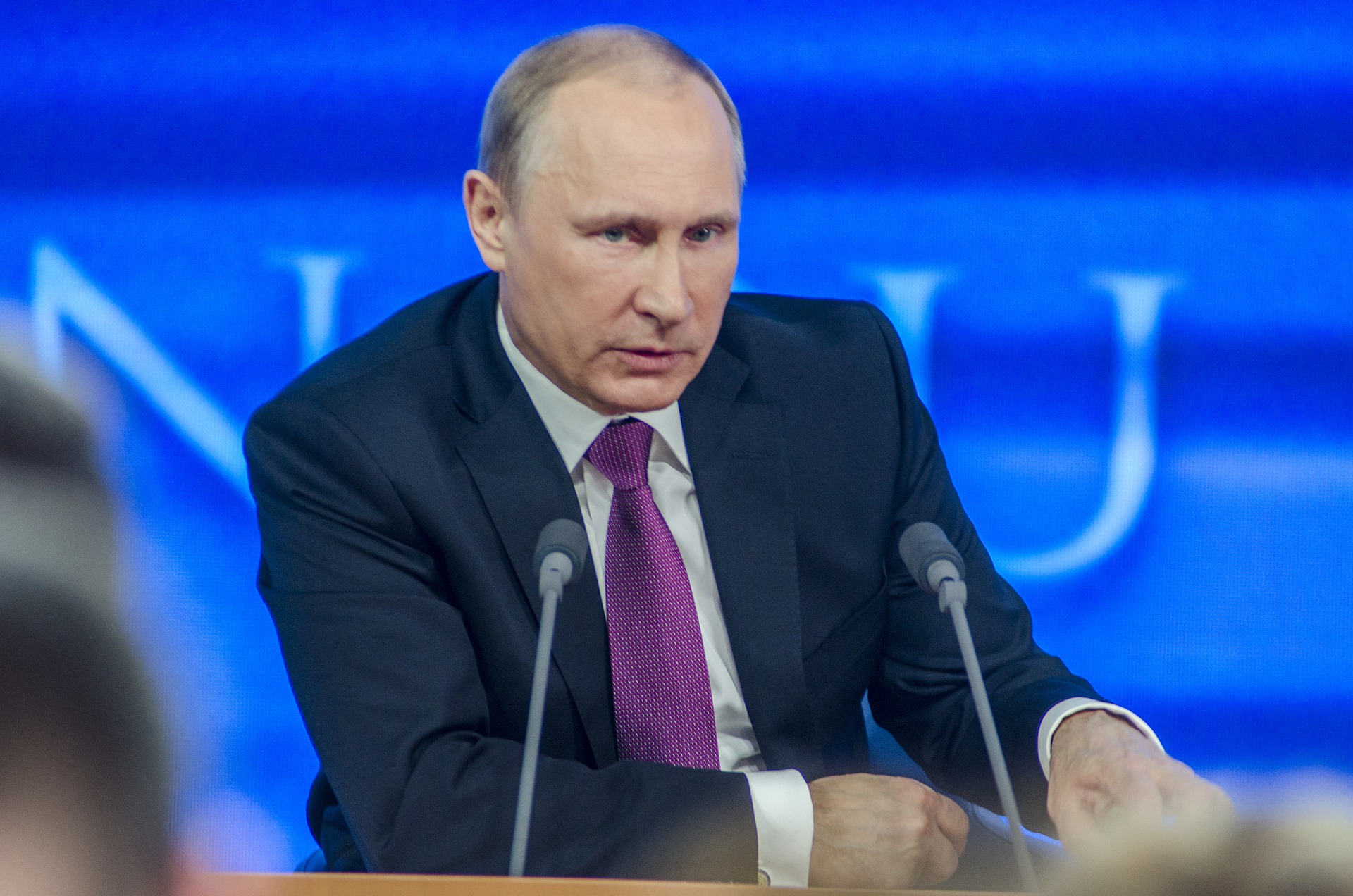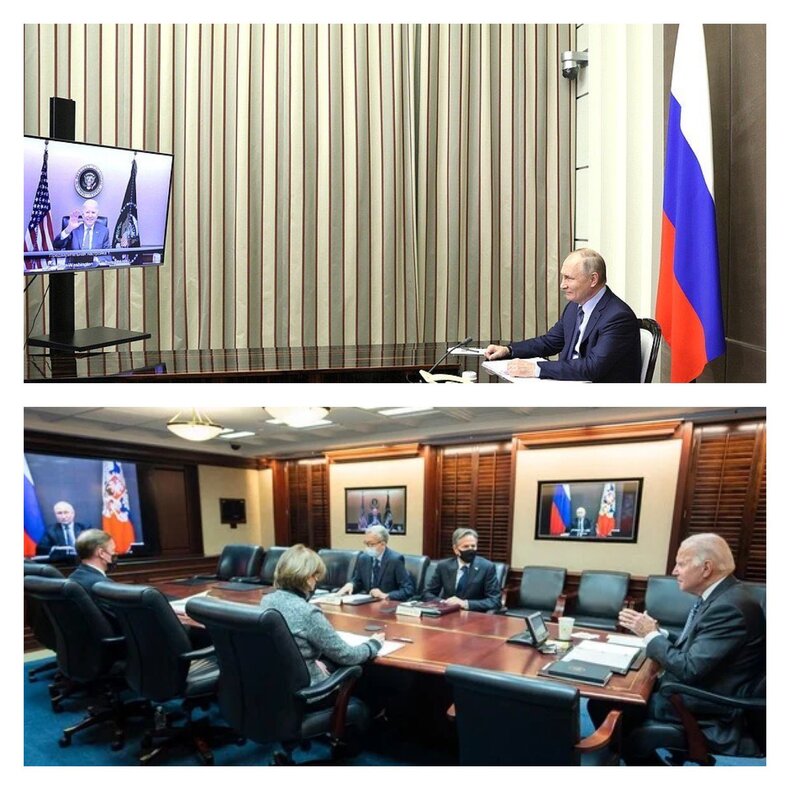
Biden makes clear to Putin what will happen if he invades Ukraine
After a video call they held on Tuesday, Dec. 7, the U.S. president made it clear to his Russian counterpart what actions that will be taken if he decides to…
Following a virtual meeting held this week between the presidents of the United States and Russia, Joe Biden and Vladimir Putin, the White House made it clear to the Kremlin what will happen if they decide to carry out an invasion of Ukraine.

Through a tense video call with the world's attention, the two leaders of these powerful nations discussed the possible consequences for Russia if they invade Ukraine — a divided nation that is torn between NATO and the wishes of Russian separatists.
After the conversation, Biden ruled out sending U.S. troops to Ukraine even if an invasion does happen, and reaffirmed the position previously announced by White House officials.
At the end of the virtual meeting, Biden told reporters that he warned Putin about the possibility of imposing never-before-seen sanctions shoule he invade Ukraine, especially measures that would have "devastating" economic consequences.
RELATED CONTENT
The president of the United States stressed during the talk, which was peaceful and polite, that there was not an extensive exchange of words, but enough to make it clear to Moscow that if it decides to invade it will face very serious economic consequences.
Biden also told the press that he hopes to announce the start of a diplomatic process with Russia and other NATO allies in the next few days to reduce tensions in the region.

Like his U.S. counterpart, Putin agreed to appoint representatives to initiate dialogues that can prevent the escalation of armed conflict in Ukraine.
Putin warned that Russia is only protecting itself, saying that NATO is dangerously trying to establish itself on Ukrainian soil by deploying its forces along the Russian border.
Russia also requested "reliable and legally binding" guarantees that rule out NATO's expansion to the East as well as the deployment of offensive weapons systems in neighboring countries.











LEAVE A COMMENT: